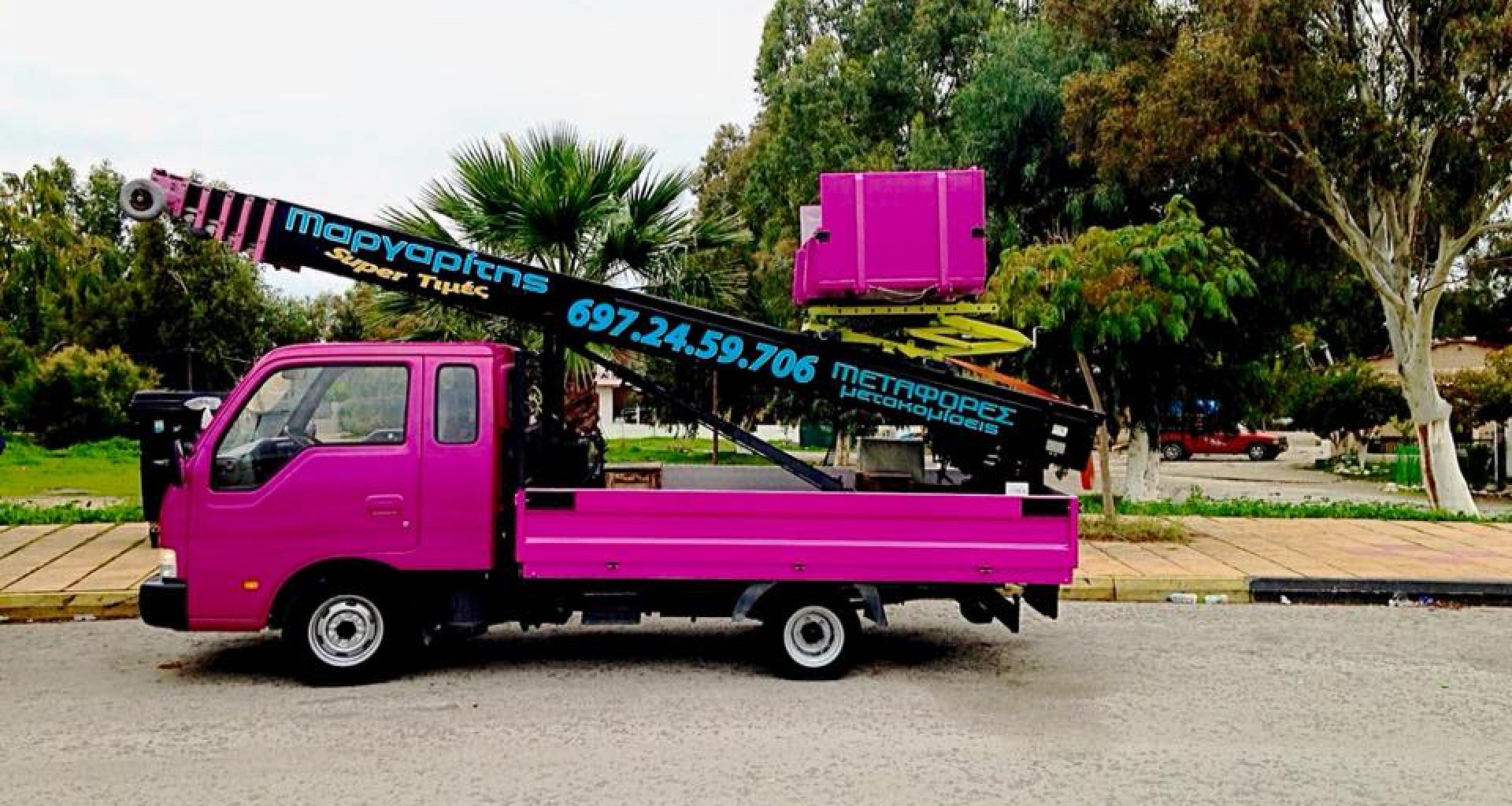Connection and you will Sympathy, Mercy, and you can Altruism
https://datingranking.net/fr/sites-de-rencontres-sportives/
Just after the introduction of the Unusual Situation, which invited scientists in order to validly evaluate infants’ connection orientations, there is solid interest in the potential links ranging from connection security and prosocial intentions and you will behaviors (e.grams., empathy, compassion). Out of a theoretic perspective, discover reasons to expect you to definitely secure youngsters – whoever very own means was basically taken care of immediately inside the a painful and sensitive and you may receptive method – will develop the ability to address the needs of anybody else empathically. Numerous very early research verified the brand new relationship between kid connection defense and you can empathic reacting (Kestenbaum, Farber, & Sroufe, 1989; Sroufe, 1983; Teti & Ablard, 1989). For the past twenty-four years, although not, the web link ranging from son connection status and you can prosocial processes (elizabeth.grams., sympathy, helping, altruism) has received contrary to popular belief absolutely nothing look desire (whether or not select Panfile & Laible, 2012; Radke-Yarrow, Zahn-Waxler, Richardson, Susman, & Martinez, 1994; van der Mark, van IJzendoorn, & Bakermans-Kranenburg, 2002). Alternatively, social/identity psychologists keeps made reasonable and you will powerful empirical support for good union between adult accessory and you may prosocial aim and you will habits.
Mikulincer, Razor, and you may acquaintances (Mikulincer & Razor, 2001; Mikulincer, Razor, Gillath, & Nitzberg, 2005; Mikulincer, Razor, Sahdra, & Bar-On, within the drive) provides presented that both dispositional and you can experimentally augmented connection safeguards (done thanks to variations of “protection priming”) are on the numerous prosocial constructs, and additionally less outgroup bias, enhanced compassion getting an agony stranger and you can desire to help you endure in their set, plus the ability and you may willingness of 1 spouse into the a couple of to concentrate sensitively and you can act helpfully to the other partner’s description off your own disease. At exactly the same time, surveys completed in about three other countries (Us, Israel, the netherlands) showed that safer people (measured by mind-reports) were likely to volunteer in their organizations (age.grams., from the donating bloodstream or helping the earlier). Avoidant participants was in fact much less gonna voluntary, and even though anxious participants volunteered, their reasons for having doing this (age.g., to get many thanks, feeling included) have been smaller substantial as opposed to those of the better co-workers (Gillath ainsi que al., 2005).
Then, boffins would be to attempt to clarify the fresh new affairs certainly attachment, HPA axis operating, soreness, together with immune system to higher understand the physiological procedure root the hyperlink between early sense and later health effects
Subsequent examination of exactly how very early accessory relates to various forms regarding prosocial choices required. Developmental accessory experts perform benefit from using the experimental processes you to Mikulincer, Shaver, and you can associates put. Was kids who have been categorized while the secure in the Strange Situation (particularly in analysis in order to pupils classified because the avoidant) more ready to assist an agony personal or higher happy to interact with a kid out of an alternate ethnic category? Can be fresh cover “boosts” raise endurance, sympathy, mercy, and you may altruism in kids? There is certainly currently strong fresh research you to babies as early as fourteen to help you 1 . 5 years readily do non-profit conclusion (age.grams., retrieving an away-of-come to target getting a stranger; see Warneken & Tomasello, 2009, to have an assessment). To the better of our very own education, although not, no investigation enjoys examined whether or not differences in baby connection anticipate private differences in this crucial permitting conclusion (while the possibility attachment-related differences might have been suggested by the Dweck; look for Tomasello, Dweck, Cotton, Skyrms, & Spelke, 2009). Warneken and Tomasello (2009) has suggested why these very early permitting habits reflect a physiological predisposition to possess altruism during the children you to definitely begins to become determined by societal and you can cultural experiences simply “a-year or a couple of immediately following [the brand new infants] have started operating altruistically” (p. 400). However, given the innumerable public enjoy you to definitely kids come across in the 1st 12 months away from life and the pioneering really works by the Johnson and you will colleagues (Johnson, Dweck, & Chen, 2007; Johnson mais aussi al., 2010) indicating one a dozen- so you can sixteen-month-dated babies with different attachment models keeps various other standard on others’ helpfulness, it may be you’ll to see attachment-relevant private differences in very early permitting behavior sooner than Warneken and Tomasello recommend.


